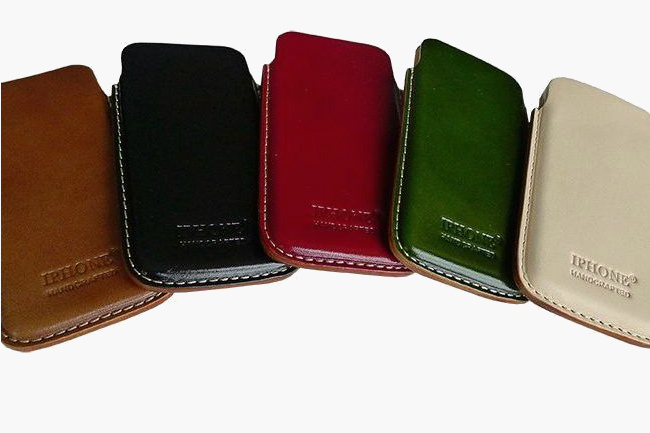
Apple Offer: Trade up to a new iPhone for as low as $10 a month
The Beijing Municipal High People’s Court threw out Apple’s appeal in a trademark dispute that’s been knocking around Chinese courts for the last four years, Quartz reported.
In China, Apple originally applied for the “iPhone” trademark for tech goods in 2002, though it wasn’t until 2013 that it was granted. The company at the center of the legal battle, Xintong Tiandi Technology Co., Ltd., applied for the trademark in the category of leather goods in 2007, securing it in 2010.
Once Apple had rights to the trademark for its smartphone in 2013, it took Xintong Tiandi to court in a bid to gain exclusive rights. But that effort, as well as this most recent appeal, have all proved fruitless for the American firm.
Of course, it doesn’t mean Apple can’t use the iPhone name in China, only that it can’t prevent Xintong Tiandi from using the name on its range of leather goods.
The court said it ruled in favor of the Chinese company as Apple had failed to demonstrate that the iPhone trademark was already well known in the country in 2007, when Xintong Xiandi submitted its application. The iPhone launched in China in 2009.
In a statement translated by Quartz, the leather goods maker said the court’s ruling reflects the “free market” system, adding that it intends to “make full achievement of the ‘iphone’ trademark, and work together [with Apple] to benefit more iphone consumers.”
Apple’s known to invest heavily in efforts to gain or retain exclusive rights to particular trademarks, even resorting to cash payments when court decisions don’t go its way. Back in 2012, for example, it handed $60 million to another Chinese company to settle a trademark dispute over the iPad name.
If Apple lawyers see little point in launching further appeals in the Xintong Tiandi case, it may consider once again making an out-of-court offer in an effort to grab the rights and finally put the issue to bed.



